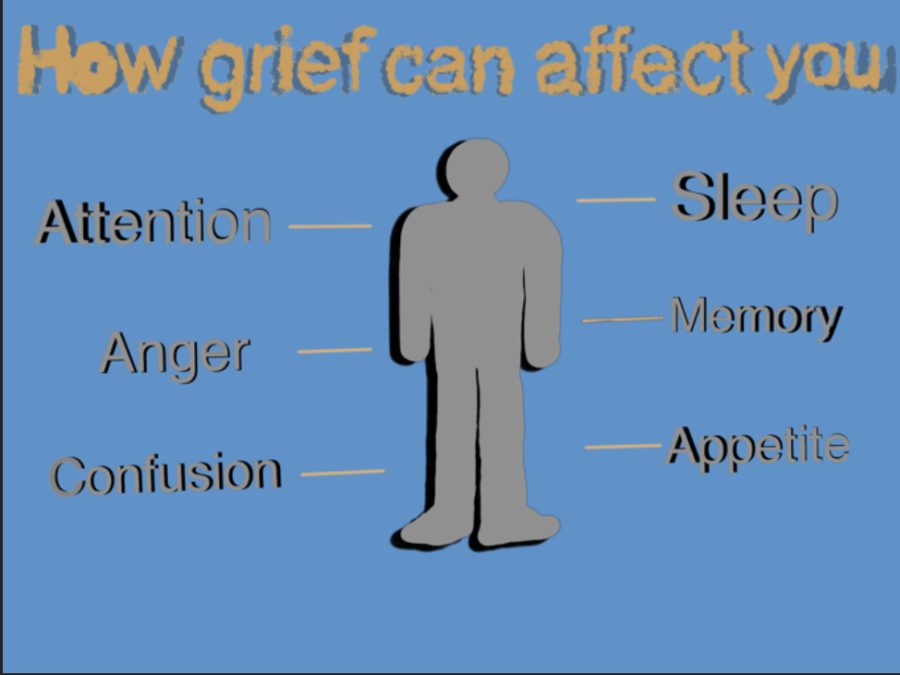The realities of grief need to be talked about (Opinion)
The realities of grief may make us uncomfortable, but that shouldn’t stop us from working to understand, learn about, and accept them
Grief is never-ending.
It is no question that grief is a “taboo” topic – very few are truly comfortable with the realities of grief that span across months and years. Mourning is not comfortably discussed or accepted.
I’m not suggesting we be invasive with those who are mourning, nor am I saying we shouldn’t bother to reach out at all; but it is important to educate yourself on the process of grieving and the unfortunate, painful, and – yes – inconvenient realities of grief.
Grief in itself is not an emotion, but rather a roller coaster of hundreds of emotions that can come out of nowhere for those mourning the loss of people close to them. Sometimes these emotions are unexplainable.
When you are grieving, all your energy goes into keeping your body and brain alive. It isn’t uncommon to feel like you’re constantly in survival mode. The weight of grief takes energy away from the extras of life. Sometimes all you can do is wake up and hopefully get a meal or two in that day.
Grief can mean forgetting the details of everyday tasks.
Grief can mean brain fog. There are responsibilities that require energy that, when you’re grieving, you quite frankly don’t have.
Grief can mean complete and utter isolation. Drawing into yourself, avoiding everyone and everything.
The truth is: grief looks different for everyone. And it is not something that lasts two weeks, two months, two years. Grief changes and evolves, but it lasts a lifetime.
I like this metaphor: grief is like a ball inside a jar, and while that ball never actually gets any smaller, the jar that carries the grief gets bigger over time, and we learn to better leave space for self care and manage our feelings of loss in healthy ways.
But this takes a lot of time.
So why is that person in your life that is mourning suddenly not showing up to events or bad at texting back? Why are they always sleeping… or never sleeping? Why are they having memory loss and a short attention span? It’s because their nervous system has been in shock for a very long time.
Grief is not something you “set aside” or “snap out of”. It becomes a part of you. We should not be expected to be the same person we have been our whole lives after experiencing loss.
The reaction to loss should be better normalized and understood. Give grievers grace. Give them time to heal, but also let them know that it is okay to feel contentment and joy at times, and that you’re there for them when they need you.
For those who are grieving: your grief is valid. You aren’t using it as an excuse. Everything you’re feeling makes sense. Sometimes grief comes out in ways you don’t want it to.
Your donation will support the student journalists of Mead High School. Your contribution will allow us to purchase equipment and cover our annual website hosting costs.

Arizona Lee is a senior, and this is her second year as Editor-in-Chief of The Mav. She enjoys reading, listening to good music, and spending time with friends. She hopes to guide the student newspaper and broadcast this year to continued success.










